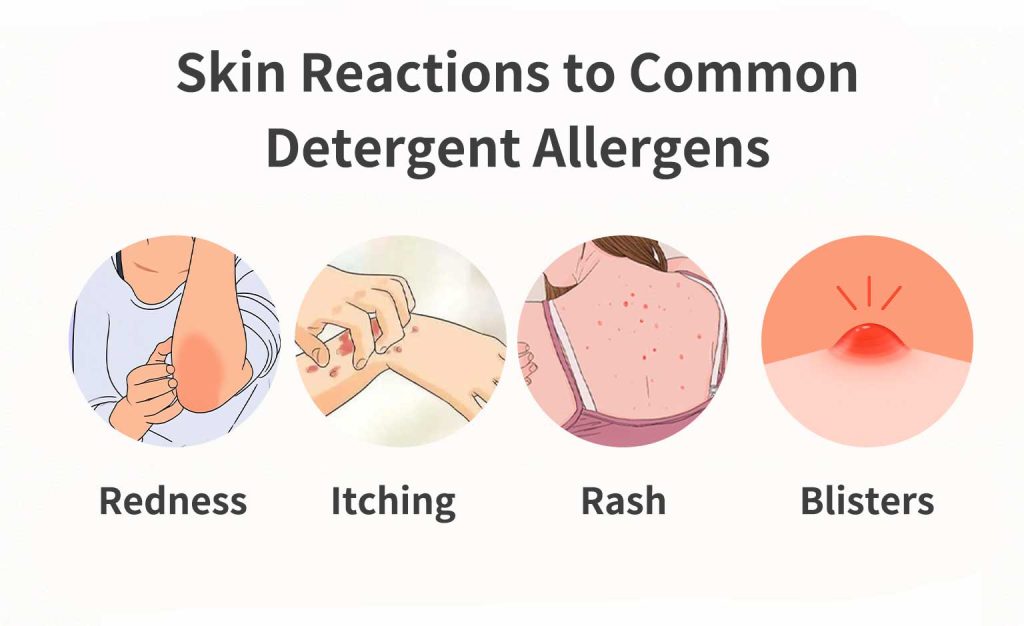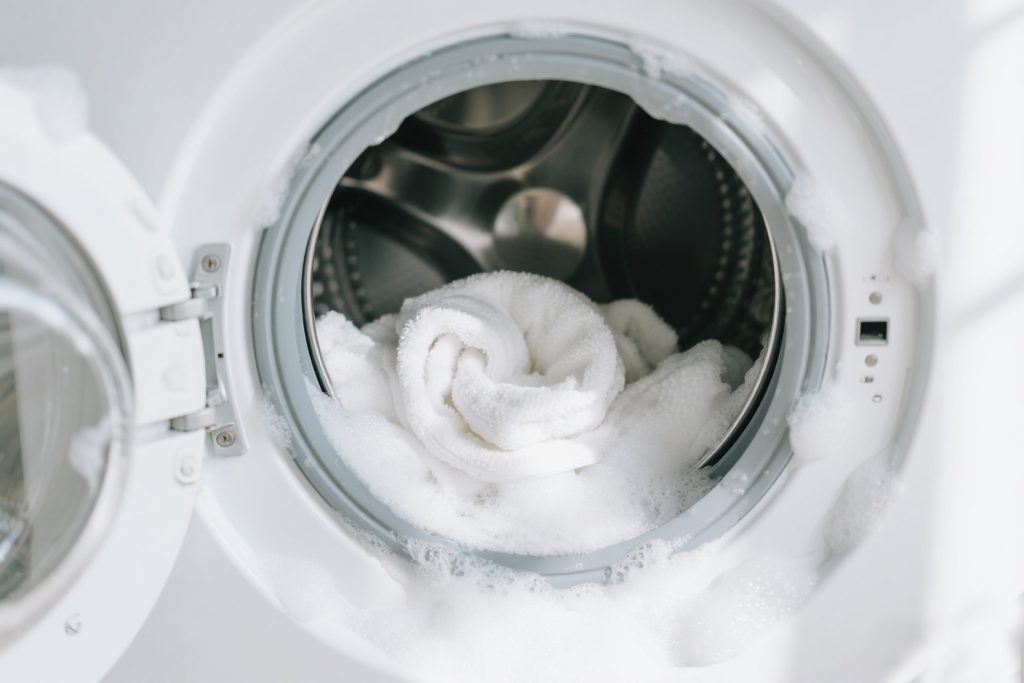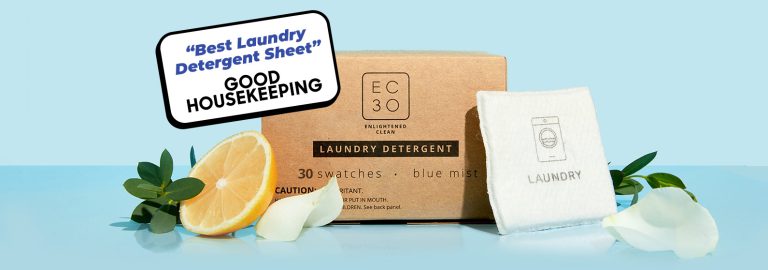When you have sensitive skin, choosing the right fabric softener can feel like navigating a minefield. One wrong ingredient or formulation can lead to itchy, irritated garments — or worse. Here’s a refined guide to help you find softening solutions that are both gentle and effective.
1. Why Softener Causes Irritation
Many conventional fabric softeners use ingredients such as quaternary ammonium compounds, heavy silicones, or synthetic fragrances. These residues can cling to fabric long after wash cycles and trigger skin irritation, even in products marketed as hypoallergenic or dye-free.

2. What to Avoid
Look for formulas that completely exclude:
Cationic surfactants like quats
Silicone or wax-based components
Strong synthetic fragrances and preservatives
Fabric softener sheets or liquids that leave wax-like residue
3. What Works Best for Sensitive Skin
Better alternatives include:
Plant-derived conditioners such as coconut-based fatty alcohols or glyceryl esters
Essential oils like lavender or chamomile for light, skin-friendly scent
Fragrance-free versions with minimal additives and no dyes

4. Natural and Low-Irritant Alternatives
For those highly sensitive to any softener, these options can help:
White vinegar rinse (½–1 cup per load) acts as a natural softener
Baking soda neutralizes odor and softens fabrics without irritation
Wool dryer balls reduce static and dry clothes faster without chemicals
5. Usage Tips for Softer Laundry
Use smaller amounts or skip softener when possible
Wash new clothes before wearing to reduce chemical exposure
Avoid applying softener on towels or microfiber, as it may reduce absorbency
6. Do Softening Products Really Improve Laundry?
When chosen carefully, yes. The right softener can reduce friction, prevent static, and deliver comfort without overwhelming fragrance or oily residue. That said, many find eco-friendly swaps like vinegar or wool balls equally effective—without the risk.

Key Takeaways
Opt for formulations that are fragrance-free, silicone-free, and dye-free
Avoid any coating ingredients or abrasive compounds
Consider natural alternatives like vinegar, baking soda, or wool balls



